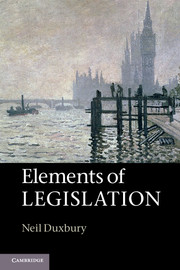5 - Fidelity to text
Published online by Cambridge University Press: 05 December 2012
Summary
When we interpret something, we find meaning in it. This is not to claim that all cognition is interpretive, for we can react to something without detecting meaning. Nor would it be correct to say that when we interpret we must be seeking to explain, for we can draw inferences about matters within our awareness without trying to provide an explanation of them (even an explanation to ourselves). It does seem right, however, to say that interpretation and explanation are close cousins in the sense that, often, the point of interpretation is to make a case regarding how something might be understood, or how it is best understood.
The meaning we find in something may be that which we put there, as when we attribute significance to omens or certain types of memento. But often interpretation is a matter of purporting to find in something a meaning which is in some way attributable to someone else, as when a musician interprets a composer’s score. Meaning, understood in this attributive sense, is sometimes used as a synonym: what the interpreter took the author to have meant is what he took the author to have intended. But – this point surfaced in the last chapter, and is worth keeping in mind when thinking about statutory interpretation – meaning and intention are distinguishable concepts. The meaning of a text does not have to connect to the intentions of the person who produced or endorsed it. If I randomly plagiarise from a variety of sources, without even bothering to read the passages that I cut and paste, the resultant text may still be interpreted as having meaning, even though I had no intentions as to what the text ought to be taken to mean. Even when communicative intention is discernible, it might still be possible to distinguish intention and meaning. The language we use when addressing others, for example, may contain meanings which our addressees infer but which we never intended.
- Type
- Chapter
- Information
- Elements of Legislation , pp. 123 - 169Publisher: Cambridge University PressPrint publication year: 2012



